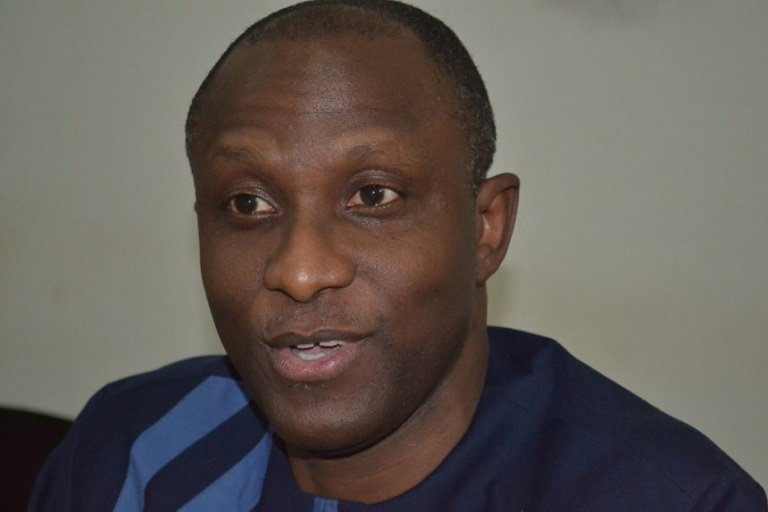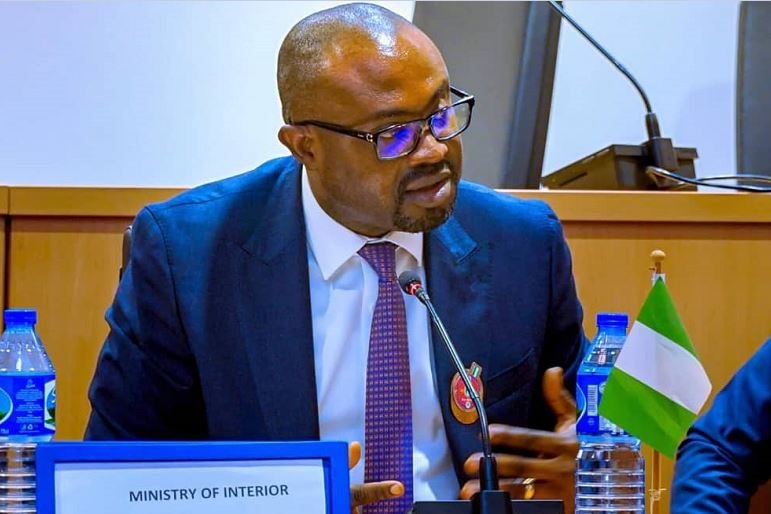Mr Laolu Akande, the Senior Special Assistant to the President on Media and Publicity, Office of the Vice President has explained why President Muhammadu Buhari has exempted some Nigerians from paying taxes.
In an interview on Channels TV, Politics Today on Thursday, Akande explained how the Buhari government is diversifying and how the National Economic Sustainability Plan (NESP) is impacting citizens across the country.
He added that Nigerians who have benefitted from the NESP did not have to know anyone to access loans and grants.
On generating non-oil income and taxation, Akande said, “Those are the big resources, if you look at the budget this year we are trying to do a lot so as to get people into the taxation grip, so that we don’t have to increase taxes as it is. As a matter of fact, if you look at the finance bill very well, you would see what we have done in line with the President’s philosophy to take care of the average man as regards to taxes. If you are earning minimum wage you don’t have to pay any income tax, if you have a business that is making less than N10,000,000 you don’t pay any income tax. So we are trying to take care of regular and majority of our people.
Speaking on diversification, Mr Akande said, “Well diversification is ongoing, if you look at diversification, it has always being in place, the question is how much foreign earnings is coming from diversification.
“Our economy is fairly diversified, if you look at our GDP you would see that there’s a lot going on in agriculture, telecommunications, financial technology and services so the economy is diversified essentially.
“The problem is how we can get the foreign earnings from the diversification and I know that the National Export Promotion Council is coming with a big injection in that area that will encourage more of our products to be used in this regard.
On the National Economic Sustainability Plan deployed to cushion the effect of COVID-19 and put money in the hands of Nigerians, he said, “Take the Solar Power Naija for example, we are planning to install 5 million solar installments that will touch about 25 million Nigerians, so this will involve a lot of manufacturing and assembling of the solar components, people that will handle installments, maintenance, work in the area, etc. About 2,000 jobs will be created from this program alone,” Akande said.











